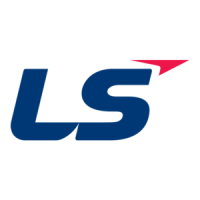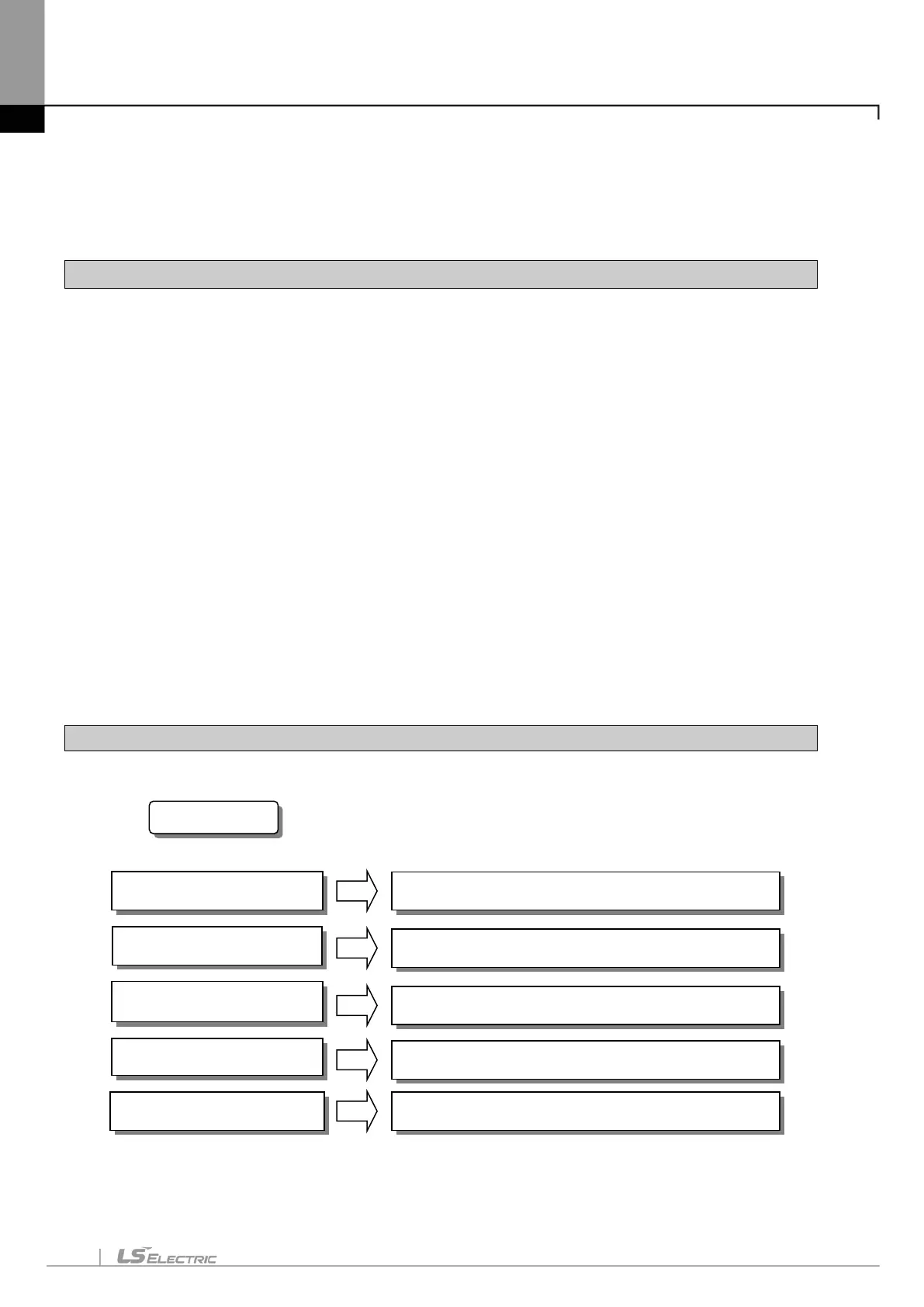Chapter 11. Troubleshooting
11-1
Chapter 11 Troubleshooting
The following explains contents, diagnosis and corrective actions for various errors that can occur during system
operation.
11.1 Basic Procedure of Troubleshooting
System reliability not only depends on reliable equipment but also on short downtimes in the event of fault. The short
discovery and corrective action is needed for speedy operation of system. The following shows the basic instructions
for troubleshooting.
(1) Visual checks
Check the following points.
• Machine operating condition (in stop and operation status)
• Power On/Off
• Status of I/O devices
• Condition of wiring (I/O wires, extension and communications cables)
• Display states of various indicators (such as POWER LED, RUN LED, ERR LED and I/O LED)
After checking them, connect peripheral devices and check the operation status of the PLC and the program
contents.
(2) Trouble Check
Observe any change in the error conditions during the following.
• Switch to the STOP position, and then turn the power on and off.
(3) Narrow down the possible causes of the trouble where the fault lies, i.e.:
• Inside or outside of the PLC ?
• I/O module or another module?
• PLC program?
This section explains the procedure for determining the cause of troubles as well as the errors and corrective actions.
Is the power LED turned
Flowchart used when the POWER LED is turned Off.
Is the ERR LED flickering ?
Flowchart used when the ERR LED is flickering.
Are the RUN LED turned
Flowchart used when the RUN turned Off.
I/O module doesn’t operate
Flowchart used when the output load of the output module
Program cannot be written.
Flowchart used when a program can’t be written to the

